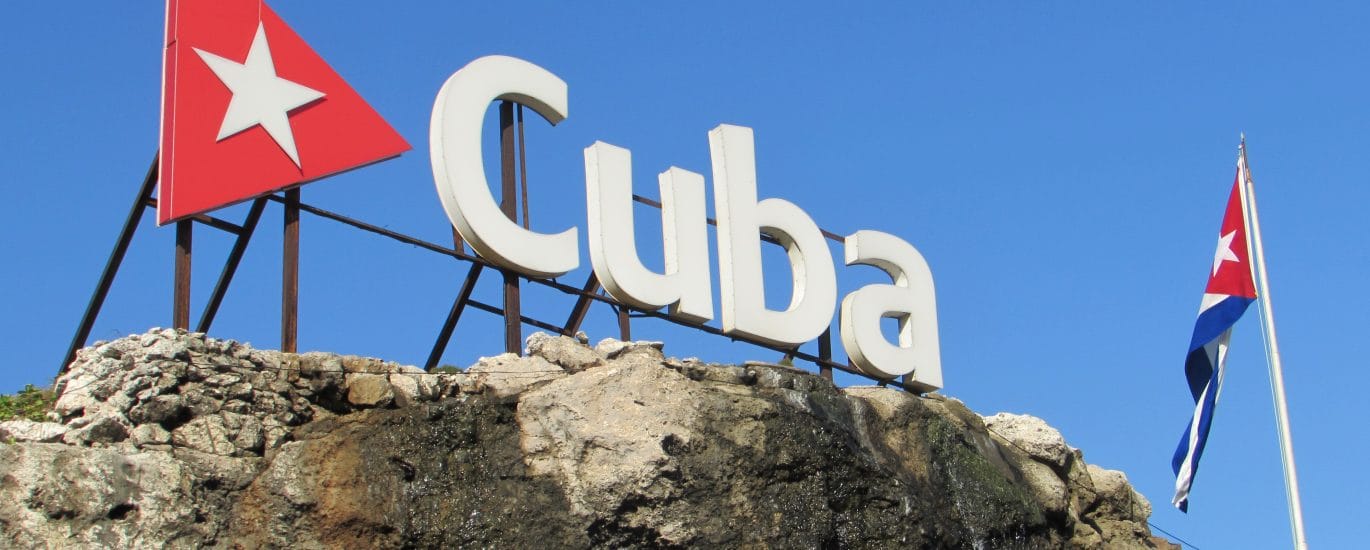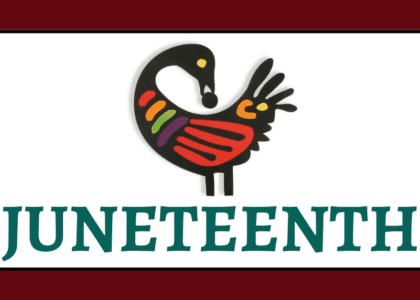By Stan Dotson
It was good to hear Mahan Siler outline the history of Alliance covenant-making in a recent zoom meeting. Our “tribe,” as he calls us, burst onto the scene committed to dismantling sexism in order for our “yes” to women in ministry to ring true. Thirty years later, we are intensifying the work of dismantling racism so that our “yes” to a beloved community across racial lines can be authentic. I hope it will not be another thirty years before we covenant together to address another much-needed dismantling effort: that of US exceptionalism, complete with its own system of domination that has woven its way into all corners, including the faith communities and people of faith who happen to live within the superpower. This exceptionalism that always courses through our national veins has been on hyperdrive since the Capitol insurrection, expressed eloquently and passionately by everyone from Senators on the night of January 6, to Amanda Gorman on Inauguration Day, to Bruce Springsteen and H.E.R. on Super Bowl Sunday.
I don’t think the imperative to say “no” to our internal civil religion in order to say “yes” to more just external relationships would have ever risen to priority level in my heart and mind were it not for our living in Cuba for most of the past six years. I’m not sure that my awareness of the exceptionalism mantle would have fully emerged while I was living full-time under that cloak. I am reminded of how Kareem Abdul Jabbar described systemic racism: it is like the fine particles of dust that everyone breathes without realizing it until a ray of light (like BLM) exposes it. For me, developing relationships with our Cuban companions, and deepening those relationships to the point that they feel secure in speaking difficult and sometimes uncomfortable truths, has been such a ray of light.
US exceptionalism is a mantle that has been centuries in the making, as our nation began early on crafting its consciousness as a divinely-mandated progenitor and protector of freedom and human rights around the globe. The mantle of manifest destiny served to cloak our self-interests in amassing concentrated wealth built on a predatory economy that created expectations of constant surplus and unlimited growth. The history of Cuba-US relations is a perfect case study; historian Louis Pérez details chapter and verse of our hubris and hegemony and need to control Cuba in his book Cuba in the American Imagination.
We (at least those of us in liberal circles) have learned, at least most of the time, to avoid displaying the “ugly American” syndrome and its caricatures of obnoxious tourists demeaning the locals in obvious ways. We are generally far more courteous and subtle in evoking our exceptionalism, which is part of the reason it has been invisible to us. It is not so invisible to those outside our borders. Some friends of mine who have worked for several years in Cuba’s resort industry talk about how the hotel workers know if a tourist is from the US; they say we have an “aroma.” I would characterize it as “body-politic odor.” Some of my friends have been (painfully) honest enough to point out times when I have been reeking estadounidense (american). It has to do with supremacy, the idea (largely unconscious) that our superiority in resources must derive from other superiorities—in knowledge, skills, work ethic, ingenuity, productivity, efficiency, system of governance, etc. Our superiority implies that we have the answers. We know how to do things. We can solve their problems. We can teach them. This is the kind of supremacy that creates benevolent missionary movements, enabling us to feel good about our partnership work while still enjoying access to creature comforts based on the pilfering of our partners’ resources over the centuries.
Weaving attention to US exceptionalism into our current dismantling work can help us avert the danger of doing justice half-way. By this I mean concentrating our attention on the systems of oppression within our borders and giving short shrift to the domination system at work in our international relations. Do not our domestic social justice goals, aimed at eradicating structures of racism and sexism and homophobia, seek to empower discriminated- against groups to access the full range of benefits and privileges promised by US citizenship (complete with the exceptionality that such citizenship bestows)? But if that is as far as we go, we run the risk of fashioning a collective cloak of many colors, sewing diverse threads into the finely-woven fabric. This is something I have heard from Cuban translators who accompany visiting church and seminary groups. They have noted that it does not seem to matter what race or creed or sexual orientation the visitor; the tendency to act out of our exceptionality and supremacy is all-inclusive. We share the “aroma.”
My call for dismantling is as much self-directed as it is other-oriented. During this Lenten season I have tried to incorporate my own personal dismantling work into the traditional Lenten practices of prayer, fasting, and almsgiving. For several years I have engaged in practices of centering prayer, but what if we who live in the heart of superpower don’t need any more centering? What would a de-centering prayer practice look like? One idea is to read through the Psalms, hearing the Word of God not in the normal way of placing ourselves in the position of “people of God,” but by overhearing the prayers of marginalized people struggling to survive with a superpower boot on their neck. For English-speakers, reading these Psalms in Spanish can help de-center us as well, given the role that the English language plays in US exceptionalism. Second, what if the practice of fasting involved detaching ourselves from the addictive economy of surplus and its attendant expectations regarding standards of living? One idea is to try and limit our food spending to the budget of a Cuban school teacher, roughly $30 a week. Finally, what if our almsgiving moved away from playing missionary Santa to the poor and was based on another paradigm? What if we replaced the “tithes and offering” and “mission gift” language of our liturgies with concepts of reparations and restorative justice? Such a paradigm shift would necessitate re-learning the history of how we wound up being a rich nation and how countries like Cuba wound up poor. Biblical scholar Elsa Tamez describes the causes of such unequal relationships, whether witnessed in biblical history or in contemporary contexts, in terms of despoliation and theft. One idea to repair this history is to re-direct our COVID relief checks toward a fund for Cuban pastors’ salaries.
Final note: we in privileged positions often identify ourselves as “allies” in our relationships with oppressed groups. But what if in relationships of unequal power, such as that of the US and Cuba, we are the ones in need of allies? The spiritual and practical work of dismantling— de-centering, detaching, and re-distributing despoiled wealth—is a monumental task, and we will need strong allies if we are going to make any progress. I am confident that our Cuban compañeros will be among the most faithful allies to the Alliance in this work (thanks to Stan Hastey for suggesting compañerismo as a hopeful term to define our alliance with Cuban churches).

Stan Dotson has served for the past three years as Associate Pastor of the First Baptist Church in Matanzas. He and his spouse Kim are currently back in NC on a brief respite, awaiting their next opportunity to return and continue the work. Stan and Kim love their work of building bridges between Alliance and Fraternity of Baptists churches, and they also love engaging in creative ministries of music, drama, and story-telling.




Recent Comments